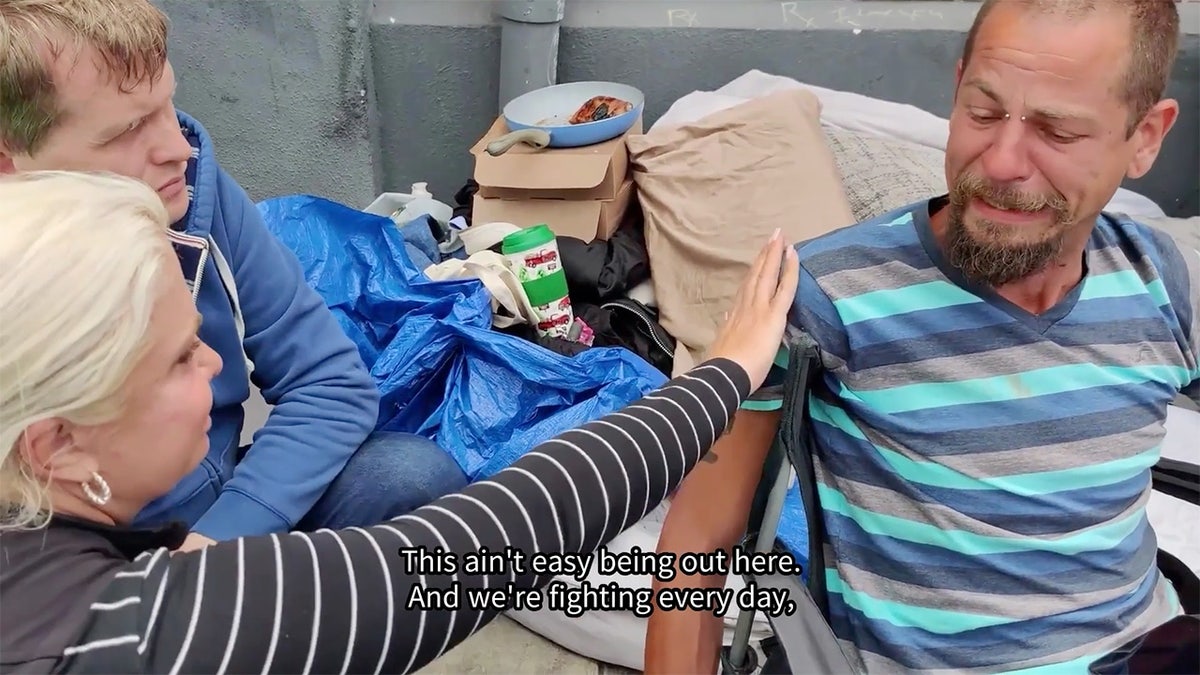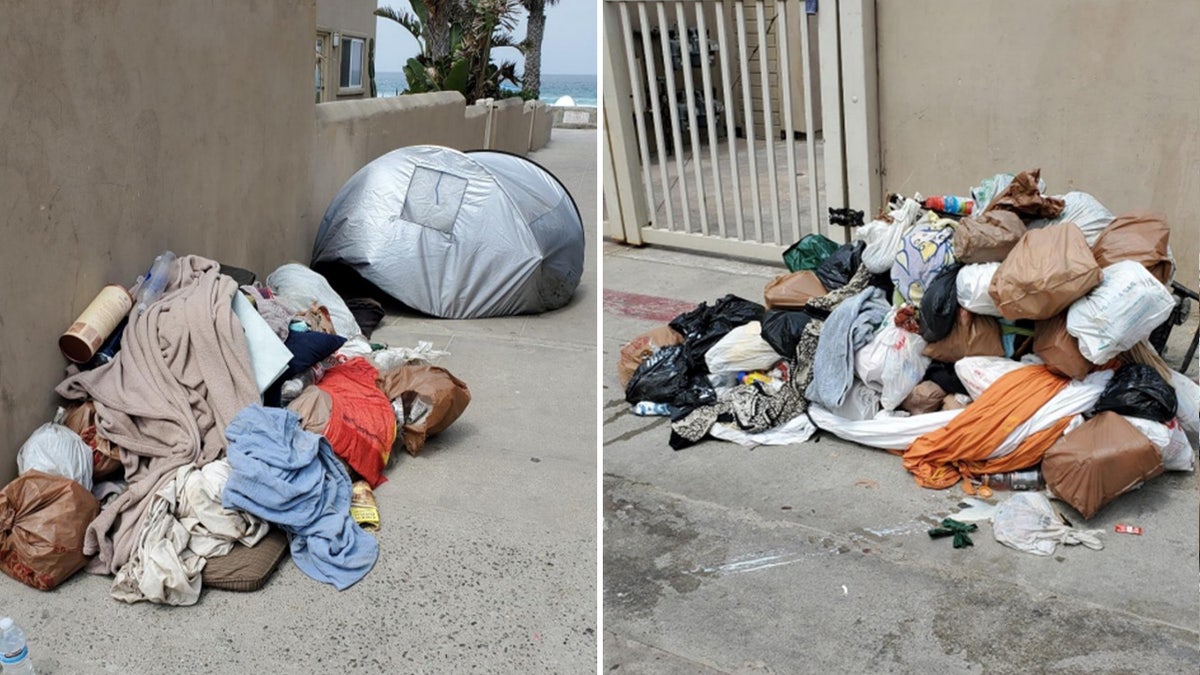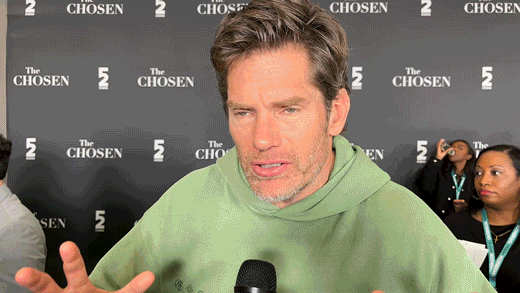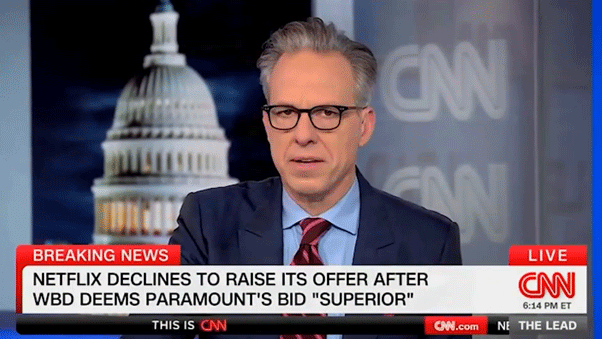San Diego homeless woman says they’re spoiled with free stuff, phones
San Diego's downtown homeless population has surged in recent years. Local business owner Kate Monroe spoke with those living on the streets to try to find out what needs to change.
Kate Monroe dodged used hypodermic needles, discarded food containers and human waste as she navigated an area of San Diego known by locals as the Bottoms. The Marine Corps veteran and business owner was there to talk to as many of the city's homeless residents as possible, including one woman who said San Diego makes living on the streets "not that hard."
"Usually we're low income and when you're low income, you get free phones, free food, free clothing, there's so many resources that are just give and give and give," Mary said in a video Monroe shared.
"I think we're spoiled to be honest with you," Mary added. "My sister's like, 'Where do I sign up?’"
‘DOESN’T LOOK LIKE IT'S IN AMERICA': CEO WEIGHS IN ON SAN DIEGO HOMELESS CRISIS:
But life on the streets is far from rosy for others. Monroe heard countless stories of sexual assault, robberies and brutal beatings. One man seated on a camping chair on the sidewalk became emotional as he described seeing a city councilor nearby earlier in the day.
"He was not talking to any of the homeless, he wasn't coming to us," he said. "He can pop a tent up right next to mine, and he can stay out here for 24 hours with us. He can see what it's like."
"This ain't easy, being out here," he added, voice choked with sorrow.
Monroe is the CEO of VetComm, a San Diego business with a nonprofit arm that helps homeless veterans obtain disability compensation and transition into housing. She said she went to speak with those living on the streets of San Diego and nearby Oceanside in May in order to gain a better understanding of the city's homeless crisis.
"I have witnessed what I think is some of the worst homelessness in the country," Monroe told Fox News, adding that she has observed the deterioration firsthand since moving to San Diego 20 years ago.
The construction of Petco Park, where the San Diego Padres played their first game in 2004, marked a turning point for the city, Monroe said. As downtown became gentrified, the once-scattered homeless population was eventually pushed into a smaller section of town known by locals as the Bottoms, she said.
"Forget that it's in San Diego. It doesn't look like it's in America," she said. "There's so much trash and human waste and garbage and just the stench of it."
CALIFORNIA ACTIVIST CROWDFUNDING HIS MOVE OUT OF SAN FRANCISCO’S ‘ZOMBIE APOCALYPSE’
Nearly 2,000 people lived outside in the city in April, the highest level in more than 10 years, according to data from the Downtown San Diego Partnership.
Longtime Portland-area outreach worker Kevin Dahlgren joined Monroe on her expedition. Dahlgren posts videos of his conversations with homeless people on Twitter, hoping to shed light on what he calls the West Coast's "dysfunctional system" for addressing homelessness.
"I was shocked how bad it is there," Dahlgren said. "A lot of these counties are simply hiding the problem and convincing people that it's really not that bad. And it's usually cities that rely heavily on tourism."
"San Diego's not on the news nationally, so we don't get any exposure for our homeless problem," Monroe said, adding that local leaders get away with "just sweeping it under the rug."
The pair spoke with Anthony, who said he has been homeless off-and-on since 1998. He gave politicians a failing grade for their response to rising homelessness.
"They throw money at the problem but they kinda gotta get their hands dirty to really find out what the people really need," Anthony said.
Monroe and Dahlgren said they spoke with people who had been robbed, beaten or sexually assaulted numerous times while homeless.
"The violence is over the top and the homeless camps just go on and on and on," Dahlgren said.

Kevin Dahlgren and Kate Monroe comfort a homeless man who says he feels ignored by local politicians. (Courtesy Kate Monroe)
The city council this week is considering a ban on erecting tents anywhere in the city provided there is room at homeless shelters. Camping would be banned near schools, homeless shelters, transit stations, waterways or in parks regardless of shelter capacity. Meanwhile, the San Diego Housing Commission plans to buy four hotels to house more than 400 homeless individuals.
San Diego Mayor Todd Gloria's proposed city budget includes $81.7 million for homelessness services, a nearly $20 million increase from the last fiscal year.
"If this was run like a business and it went bankrupt, it wouldn't get any more money," Monroe said. "It doesn't work like that in homeless advocacy. They get more money and more money and more money."
Monroe thinks getting people off the streets would be faster if officials addressed the problem by categories. People who have just become homeless after a financial hit would be the easiest to "cycle back into real life," she said.
"We found a whole street of people that they literally have 15 signs up that say ‘No drugs on this block.’ They all go and try to get jobs every day," she said. "One whole street is full of people that you could get off the street today."
Then the focus could turn to people with mental health issues and, lastly, those suffering from severe drug addiction whom she says are a bad fit for the "housing first" approach.
"It's like a feeding frenzy," Monroe said of the Bottoms. "When we were down there, people are doing drugs in the middle of the day, live right in front of police."
Mary said years ago, police would have ticketed people camping on the streets or taken them to jail. Now, she feels she's getting "a little comfortable" being homeless.

San Diego's Environmental Services Department regularly finds items in encampments or tents that it says poses a risk to public health or the environment. (City of San Diego)
CLICK HERE TO GET THE FOX NEWS APP
"If we went to jail, it would motivate my butt to get off the street," she said. "We need to bring that back."
San Diego "is a very rich city," Monroe said. "There's absolutely no reason why we can't figure this out."
To hear more from Monroe, click here.











































